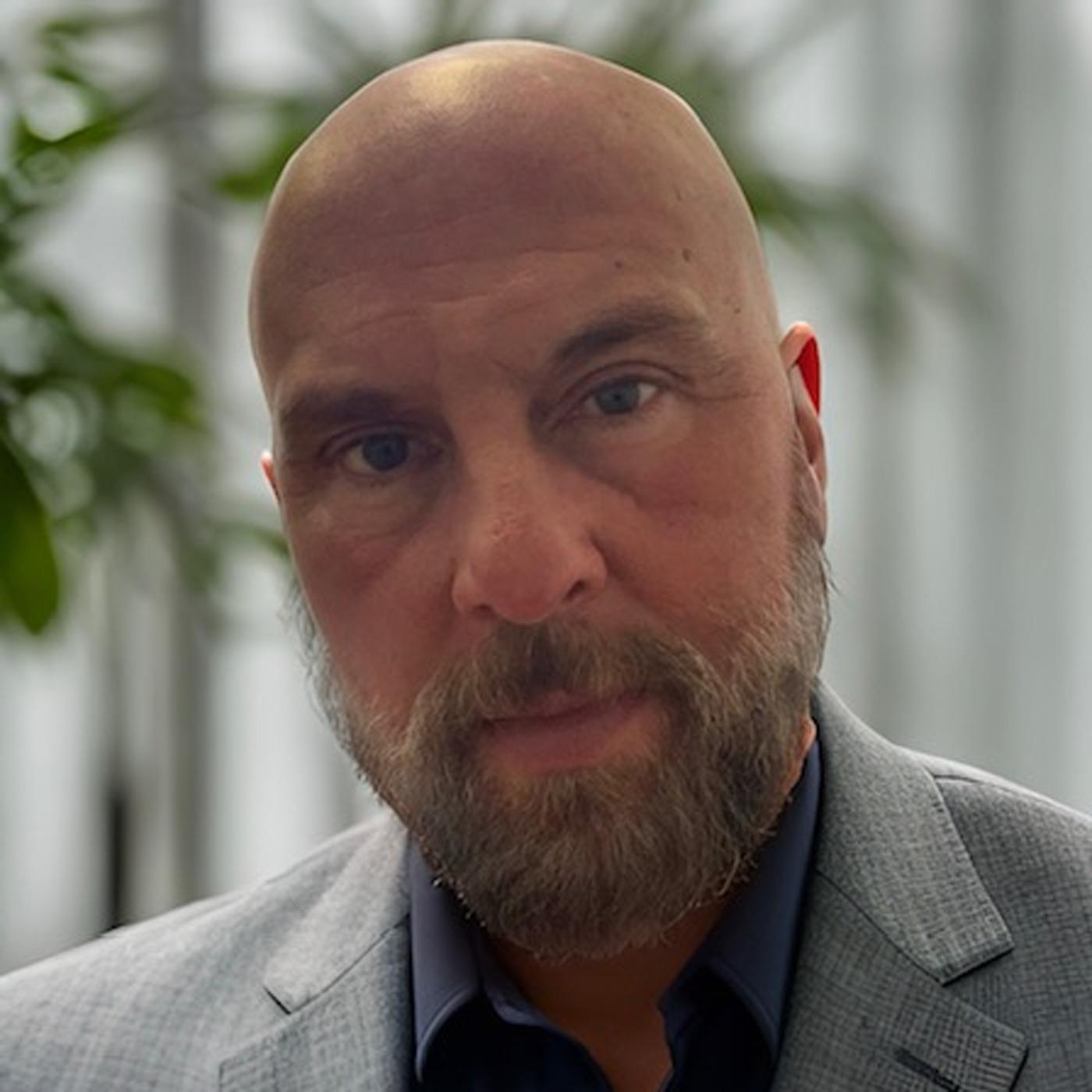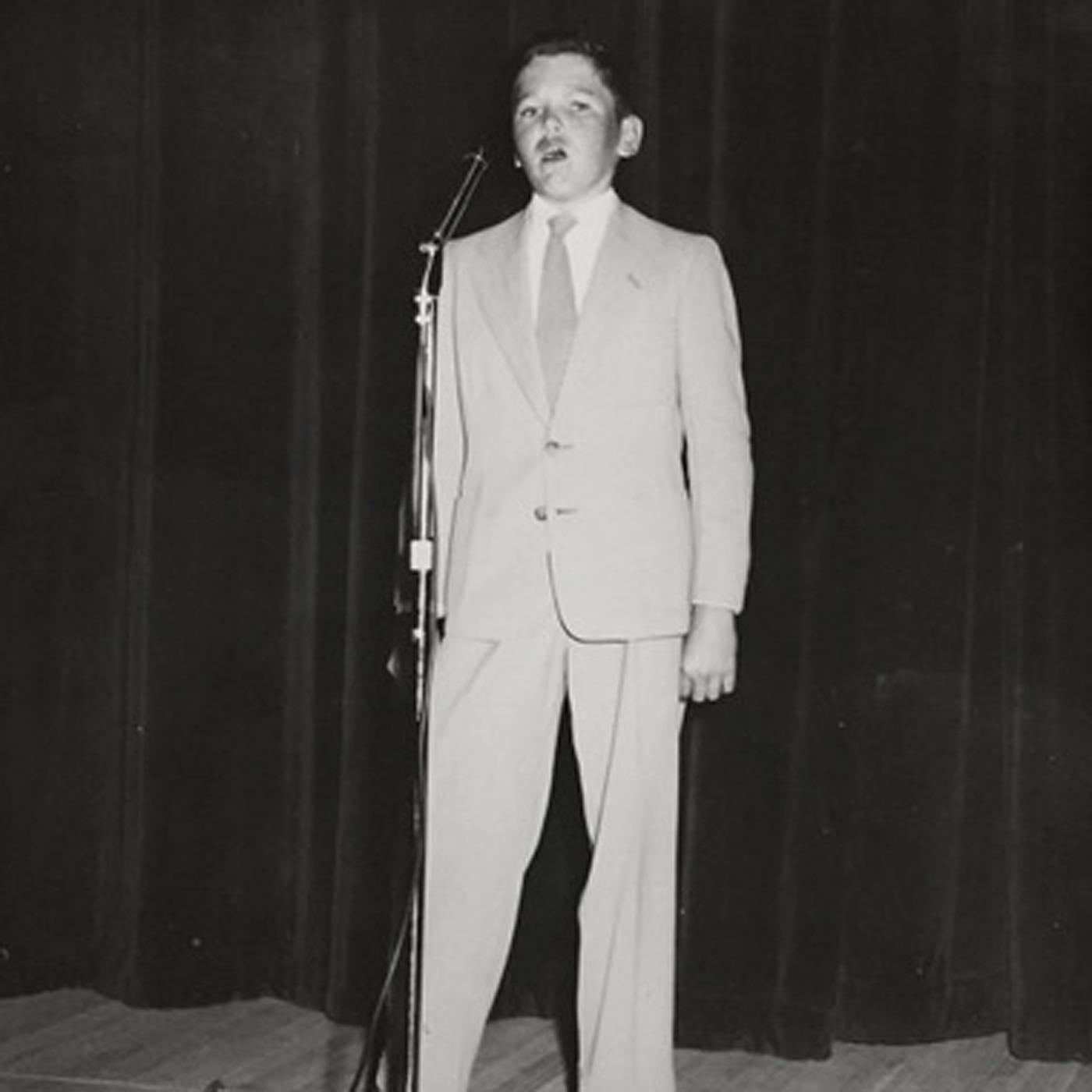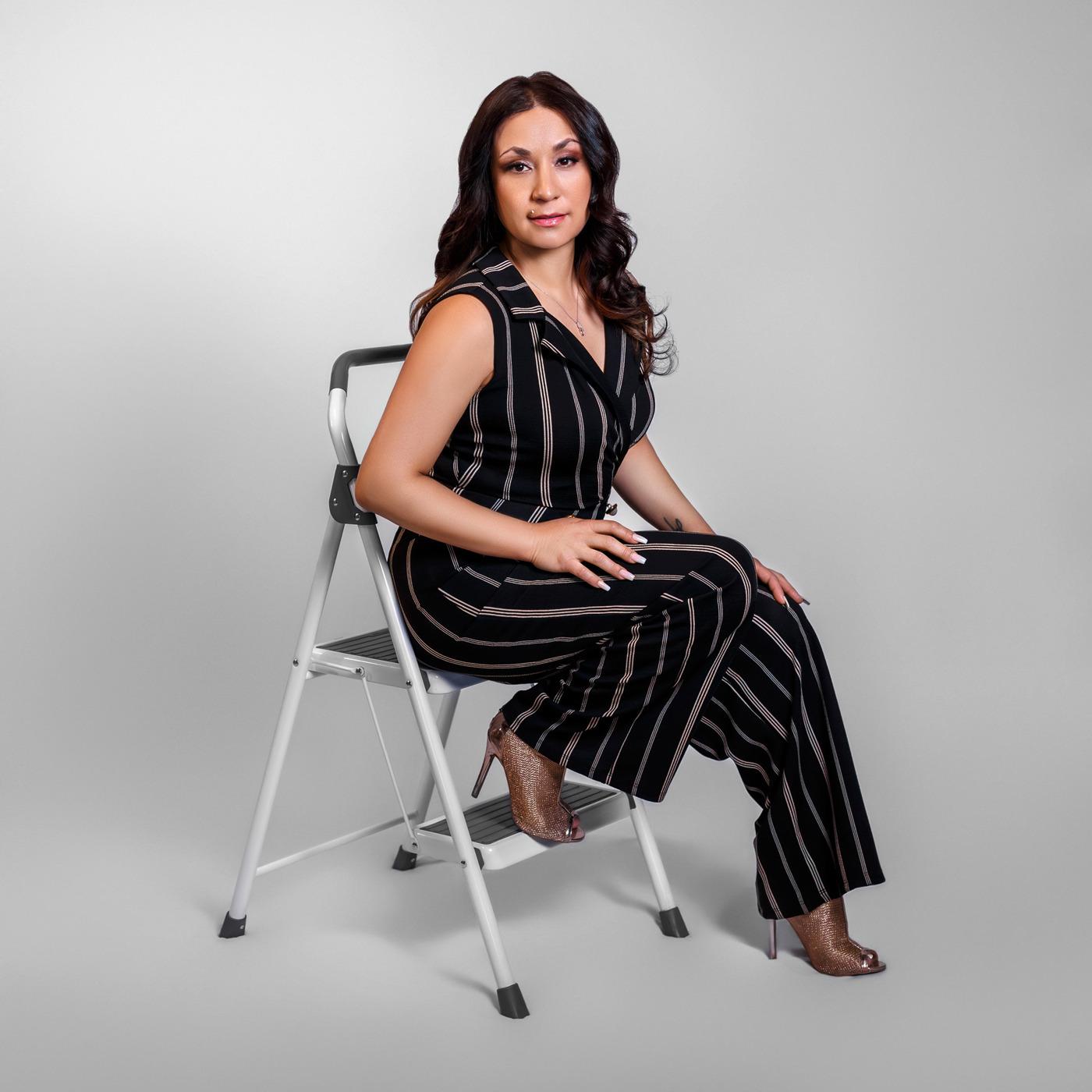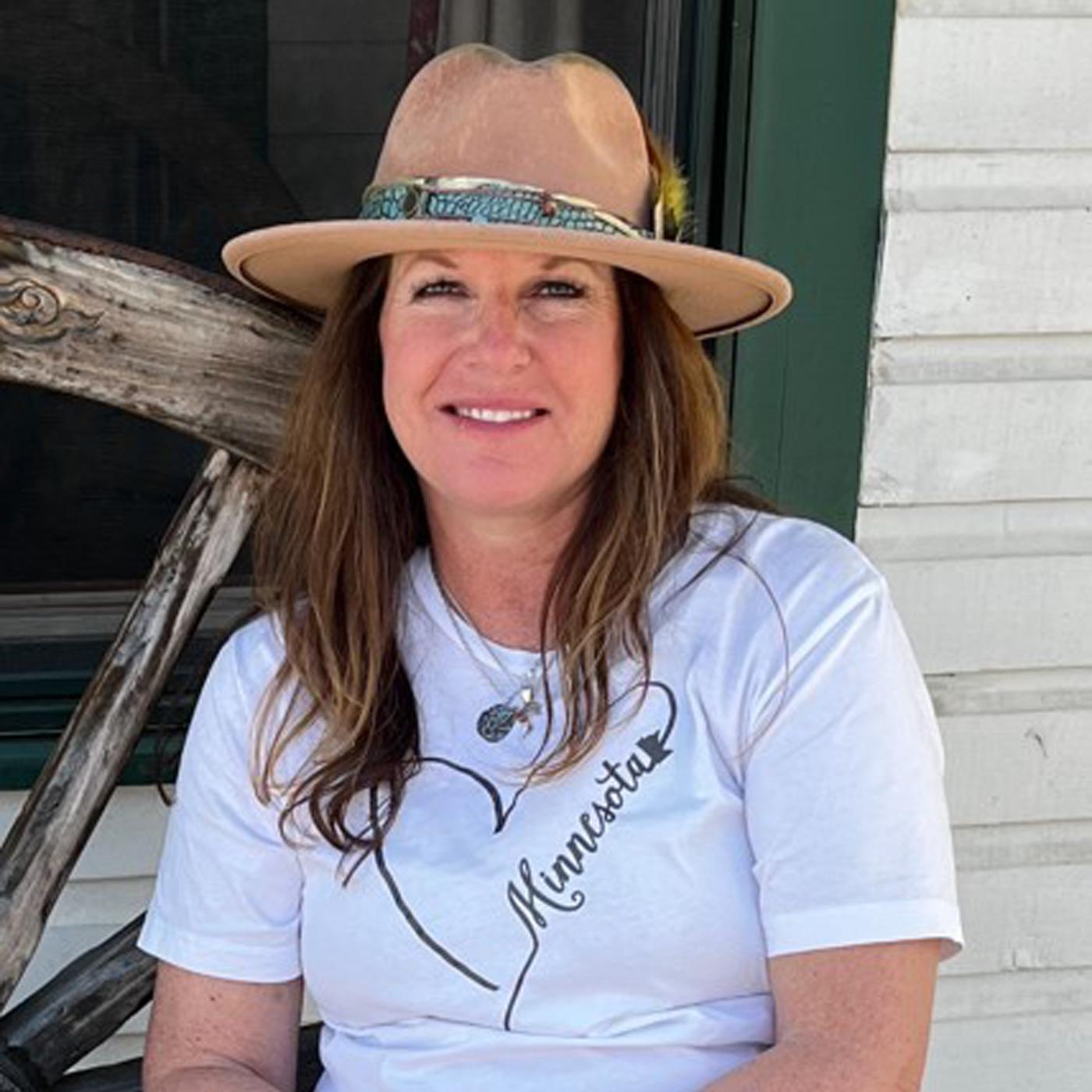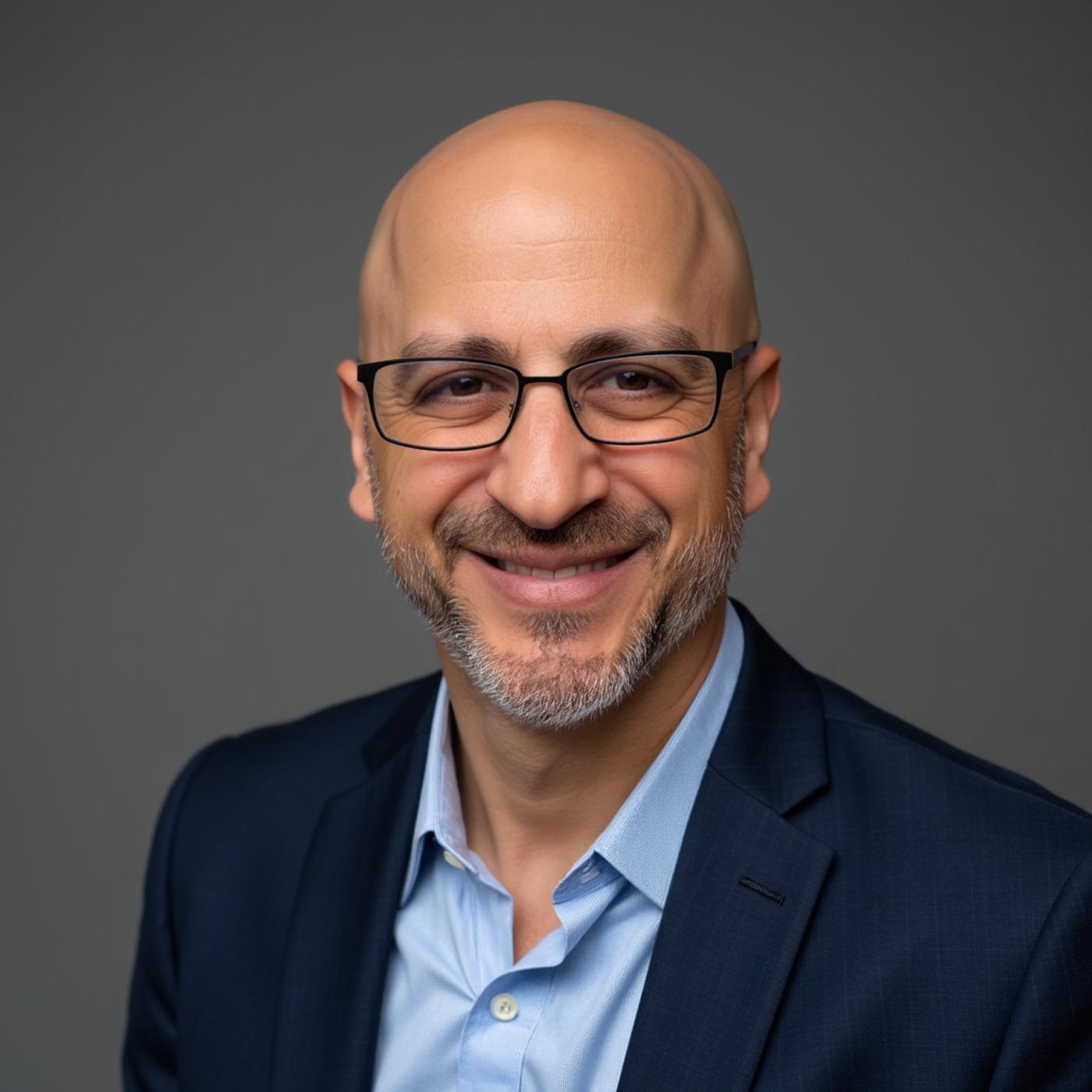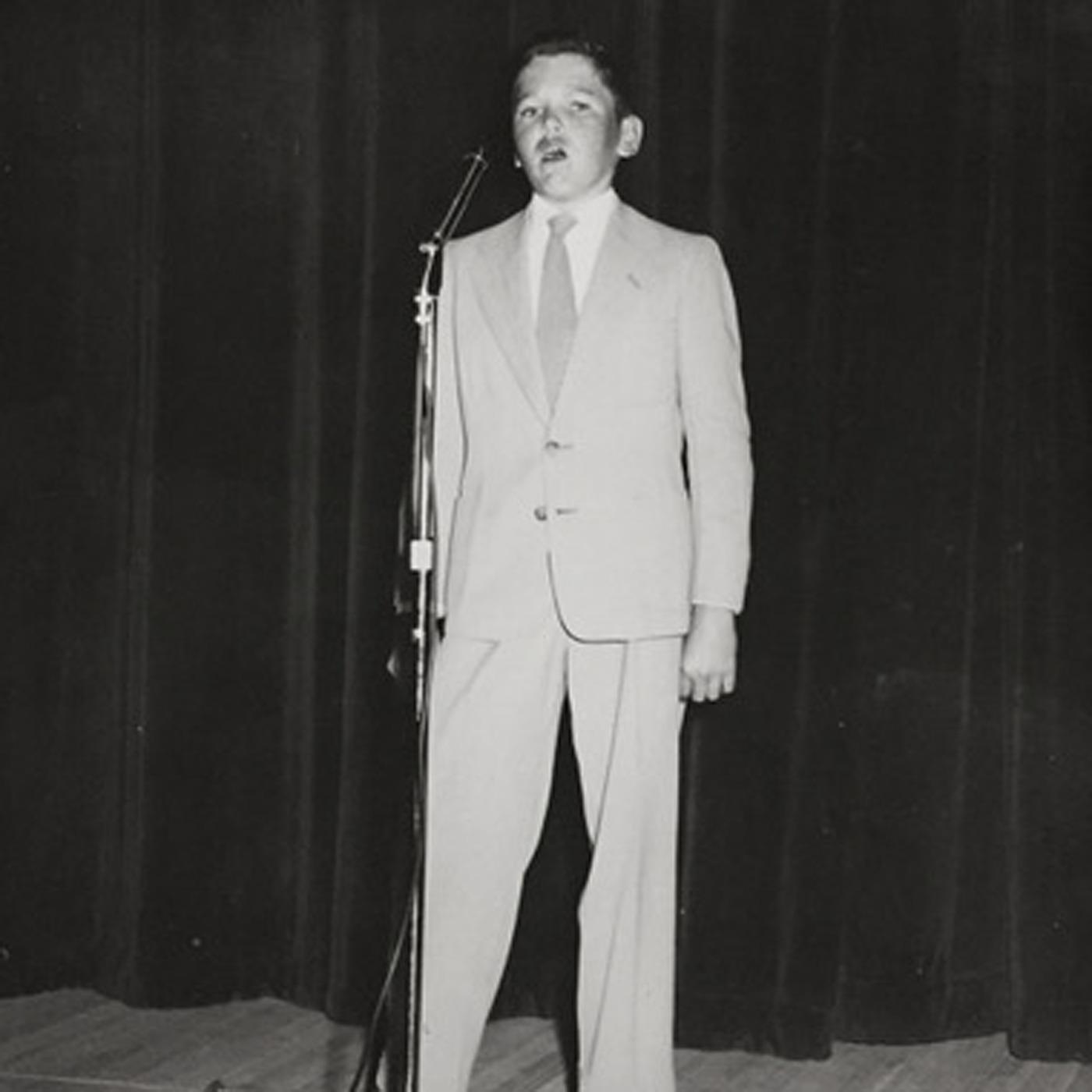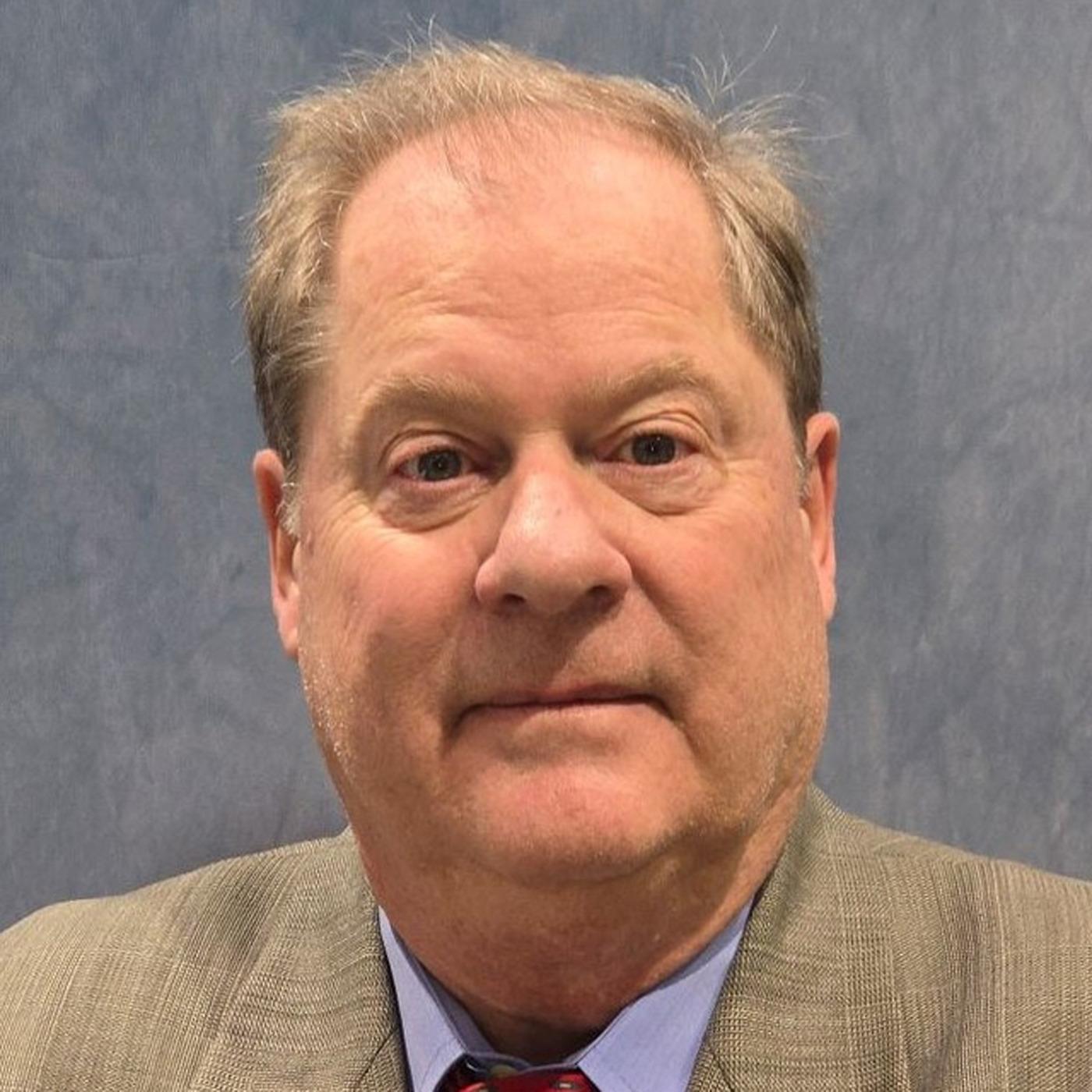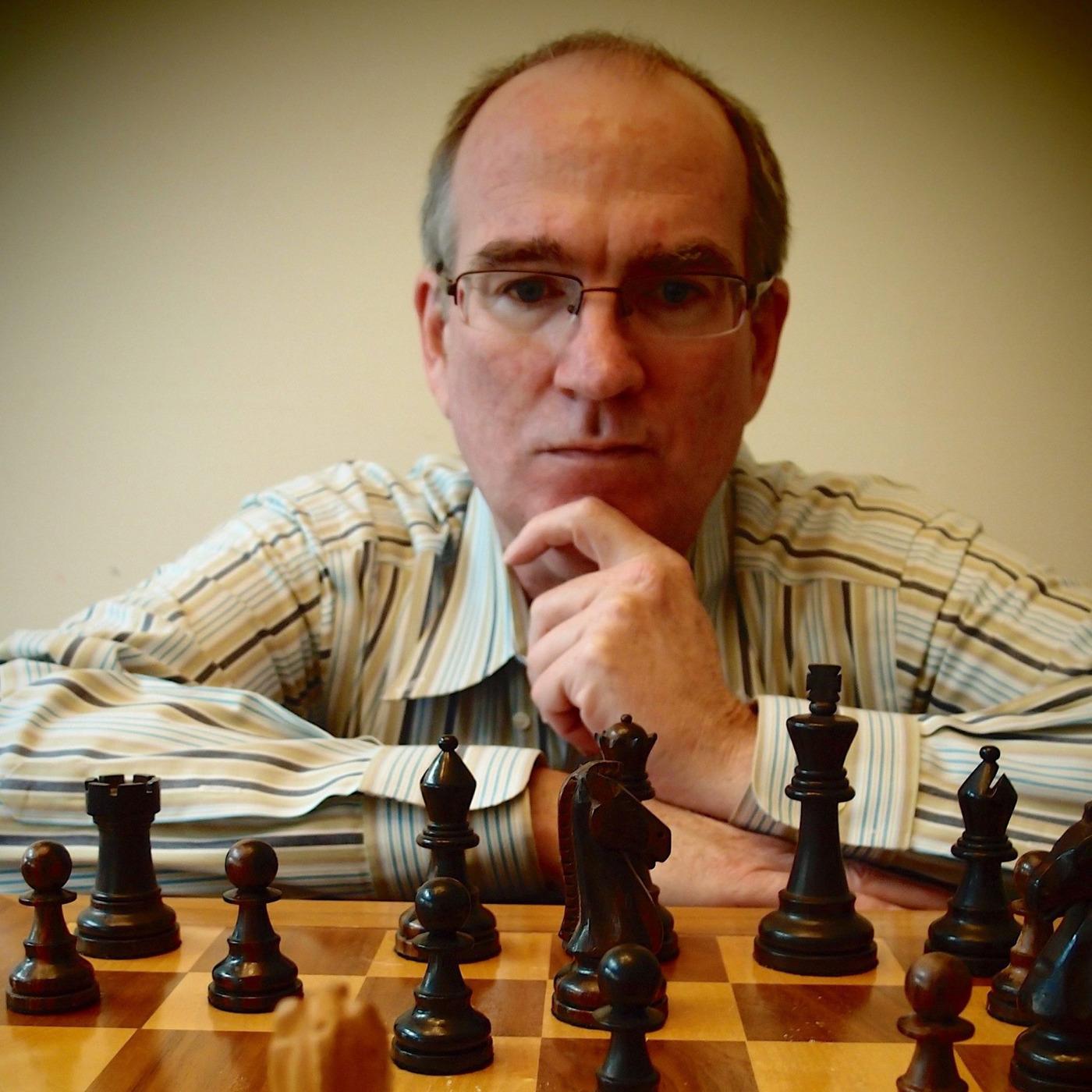Close Up Radio Spotlights Hearing Professional Louis Columbus of HearingLife
Description
Grand Blanc, MI - Louis Columbus, a Michigan-licensed Hearing Instrument Specialist and Hearing Instrument Dealer, is calling attention to the growing prevalence and preventable consequences of untreated hearing loss, urging Americans to seek professional evaluation and individualized solutions before communication and quality of life decline.
“Roughly 23 million Americans live with hearing loss—and for most, it progresses if left unaddressed,” explains Columbus. “Early testing, proper fitting, and consistent follow-up care can protect clarity of speech and preserve connection with family, work, and community.”
Columbus provides comprehensive care that includes diagnostic hearing evaluations, precise fitting of hearing instruments, and ongoing support. He sees patients across all age groups, including adults in their 20s with noise-induced change, as well as older adults experiencing age-related loss. “I’m 54 and I wear hearing aids for a mild hearing loss—I didn’t wait,” he shares. “The sooner you intervene, the better your long-term outcomes.”
The stakes of inaction can be significant. Columbus highlights research showing associations between untreated hearing loss and increased risks for cognitive decline and falls. “Studies from institutions like Johns Hopkins indicate that compared to normal hearing, mild loss can double the likelihood of developing dementia, moderate can triple it, and severe can raise the risk up to five times,” he notes. “Hearing loss is also linked with balance concerns—people with hearing loss are about twice as likely to experience a fall. These are compelling, modifiable risks.”
Beyond audibility, Columbus stresses the importance of speech clarity, measured clinically through word recognition testing. “It’s not just about making sounds louder,” he explains. “We assess how well a patient understands words at controlled volumes. Without appropriate treatment, word understanding can decline over time. Keeping that system active is paramount.”
Tinnitus, a common companion to hearing loss, is another area where Columbus sees meaningful impact from professional care. “In my experience, when a hearing test confirms loss, quality hearing instruments can reduce or even eliminate tinnitus perception while worn for roughly half of patients,” he says. “There are no guarantees, but treating the underlying hearing loss often helps.” He also notes that some cancer therapies and certain pain medications have been associated with hearing changes, while age and noise exposure remain the most common drivers.
Columbus cautions consumers about the limitations of many over-the-counter (OTC) devices and online amplifiers that promise quick fixes at low prices. “The vast majority of what you see on TV and social media is a uniform boost of sound that doesn’t match an individual’s hearing profile,” he explains. “Most people don’t have a flat loss; high frequencies are often more affected. If you’re mildly elevated at 500 Hz but significantly worse at 6,000 Hz, a flat amplifier won’t restore the speech cues you’re missing. That’s why so many people wear them for a day or two and then set them aside.”
For patients seeking durable, real-world performance, Columbus points to premium instruments engineered to prioritize speech access from all directions, adapt intelligently to shifting noise, and preserve privacy. He frequently recommends Oticon Intent as an example. “Oticon hearing instruments scan 360 degrees around the listener about 500 times per second to locate and prioritize speech. They use on-device artificial intelligence trained on more than 12 million real-world listening environments, so the hearing aids automatically adapt in restaurants, offices, gyms, and busy streets. They also offer reliable Bluetooth streaming for calls, podcasts, and music. Importantly, this AI runs on the device, not in the cloud, so your listening environments aren’t transmitted elsewhere.”
He underscores the cost of waiting with a story from early in his career. An older patient declined recommended treatment for three consecutive years; when he finally accepted help, communication at home improved immediately. “Six months later, he passed away,” Columbus recalls. “His spouse called to thank us for restoring those months of easy conversation. It’s a reminder that time matters. Hearing care isn’t just about devices—it’s about relationships, participation, and life.”
To address budget concerns, Columbus emphasizes that solutions exist across technology levels and price points, often supported by promotions and financing. “The best solution is the one tailored to your hearing profile and lifestyle—and supported by real follow-up care,” he says. “That combination consistently outperforms basic amplifiers and many directional-only systems that prioritize speech only in front and struggle in complex, real-world environments.”
Columbus came to hearing care through an apprenticeship nearly a decade ago and has since served thousands of patients and their families. “I can meet someone at 11 a.m. and by lunchtime their world opens up,” he says. “The tears of joy, the laughter, the reconnection—that’s why I do this.”
About Louis Columbus
Louis Columbus is a licensed Hearing Instrument Specialist and Hearing Instrument Dealer based in Michigan. He provides comprehensive hearing evaluations, personalized hearing aid fittings, tinnitus counseling, and long-term follow-up care. Louis is affiliated with HearingLife.
For more information about Louis Columbus and HearingLIfe, please visit https://www.hearinglife.com/

